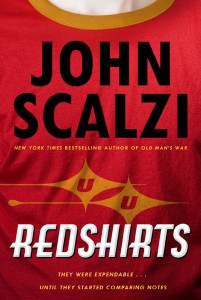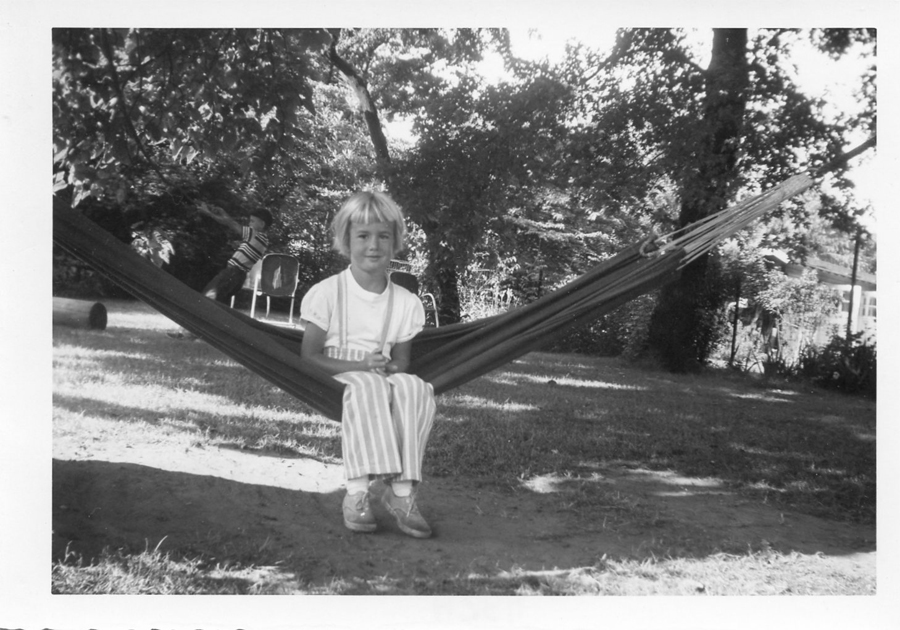
Dear Seattle,
We have to talk.
No, no, don’t look at me like that. It’s nothing you did, or didn’t do. You’re perfect, just the way you are.
But…still, even you must agree that things have been a little strained of late. A bit chilly. Somewhat damp and dreary. Hell, who are we kidding? That’s just you being you!
It was draining (drizzle+rain) the day we moved into our rental house here. The workmen were still trying to finish cosmetic touch-ups to the small old bungalow with its cracked foundation and wall-to-wall cobwebs. But it had charm, of a sort, and we were new here. What did we know?
Well, six years later the house we’re leaving is sunny, bright and beautiful. The garden I’ve been working on in the backyard is blooming its heads off, and the weather…okay, it is raining today, but recently we’ve had several sunny days with the temps almost in the 60s. We’ve learned to take what we can get.
But…home, they say, is where the heart is. Yet the longer I live the more I find the heart is like a fractal coastline, fringed with inlets and coves of past pleasures and pains. Sometimes it’s smooth sailing; other times it takes all my concentration to avoid crashing into the rocks. My heart is overfull. The weight of the past clings like barnacles to the hull of my none too swift boat. And the only way I can figure to get myself going again is to start jettisoning some of the drek in the hold. Time to let go, let the sail out and head for the horizon.
The fact that this horizon is the very one I fled so willingly six years ago doesn’t signify. Time changes perspective. We don’t get to remake our choices. There is no rewind in this life. There is only forward, faster than it seems possible.
And so I’ve chosen to return to the scene of my youthful folly, to renew old friendships and reunite with family.
But…I will miss you, Seattle. I’ll miss your snow-capped craggy peaks, your glittering waterways, your quirky people. I’ll miss Fremont, and Ravenna, and being able to take great coffee for granted. I’ll miss the salmon and the blueberries and Grateful Bread. I’ll miss Robinswood and Amy Yee and all the wonderful tennis players I’ve met at those friendly public clubs. I’ll miss Pike Place Market, Third Place Books, totem poles, the gardens and the amazing trees. I’ll miss Green Lake, that oasis of serenity and goodwill, where dogs rule and everything’s cool.
And I’ll miss the Mariners, even though with the exception of Ichiro and Felix the lineup has completely altered since I first started cheering for them. This year the new faces on the team are young and eager, hitting hard, fielding crisply, renewing hopes.
Back on the East Coast I’ll be rooting for the Nationals, another team which has languished at the bottom of the pack for some time. But now they’ve got Bryce Harper, a 19-year-old phenom whose starpower might just be the real thing.
But of course it’s not about baseball. It’s about time. Time I was going.
So this is it for me, Seattle. I’ll never forget you.
So long and thanks for all the fish.










